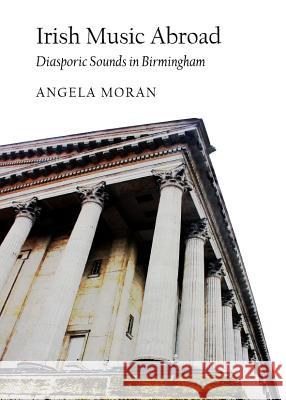Irish Music Abroad: Diasporic Sounds in Birmingham » książka
Irish Music Abroad: Diasporic Sounds in Birmingham
ISBN-13: 9781443840378 / Angielski / Twarda / 2012 / 225 str.
Irish music enjoyed popularity across Europe and North America in the second half of the twentieth century. Regional circumstances created a unique reception for such music in the English Midlands. This book is a musical ethnography of Birmingham, 1950-2010. Initially establishing geographical and chronological parameters, the book cites Birmingham's location at the hub of a road and communications network as key to the development of Irish music across a series of increasingly visible, public sites: Birmingham's branch of Comhaltas Ceoltoiri Eireann was established in the domestic space of an amateur musician; Birmingham's folk clubs encouraged a blend of Irish music with socialist politics, from which the Dublin singer Luke Kelly honed his trade; Irish solidarity was fostered in Birmingham's churches. Each of these examples begins with a performance at Birmingham Town Hall in order to show how a single venue also provides musical representations that are mutable over time. The culmination is Birmingham's St Patrick's Parade. This, the largest Irish procession outside Dublin and New York, manifests an incoherent blend of sounds. The audio montage, nevertheless, creates a coherent metanarrative: one in which the local community has conquered a number of challenges (most especially that of the IRA bombings of the area) and has moved Irish music from private arenas to the centre of this large civic event.











